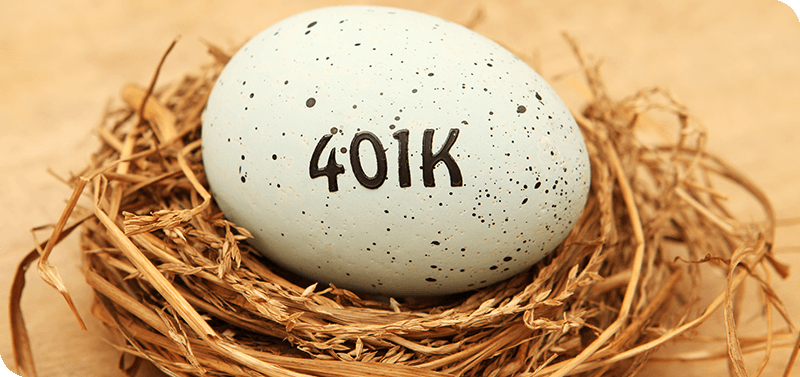Buying a home can be an exhilarating time, but making the leap from renter to homeowner can also be a cause of anxiety when you have so many questions. Enlist the help of a reputable realtor who can help locate your dream home, negotiate with the seller, and even advise you during the home buying process. You still, however, need to follow these tips when shopping for a new home.
Before applying for a mortgage loan, check your credit with each of the credit reporting bureaus: Experian, Equifax, and TransUnion. Your credit health not only determines whether your loan will be approved, but can affect your mortgage interest rate. Don’t worry, checking your own credit does not hurt your credit score since it is considered a soft credit inquiry.
Request your credit reports at annualcreditreport.com. Review copies of each report for errors. Here are a few things to watch out for:
Follow each bureau’s dispute process to remove any reporting errors.
After you’ve reviewed one of your credit reports and found it free of errors, you might be tempted to stop there. Don’t - incorrect data at any of the credit reporting bureaus can hurt you. Correcting information on one report does not correct it on the others. Since different mortgage loan lenders may use different credit reporting bureaus to check your credit, it’s essential to ensure all credit reporting bureau data is correct.
If, while reviewing your credit reports, you notice that you’re close to maxing out your retail charge cards or credit cards, then you must take one more step. Pay down your debt. Keep your credit utilization rate to no more than 30% of available credit. Reducing debt will not only help improve your credit, but may also reduce your debt-to-income ratio. This is a key factor when lenders determine your mortgage loan eligibility.
The costs associated with purchasing a home go beyond the sales price. While the sales negotiation process may have reduced the sticker price of your new home, you’ll still want to plan for closing costs in addition to the down payment.
Closing costs are paid to a third party to facilitate the sales transaction and often vary depending on your location, the property you buy and the down payment amount. This expense, which is due at the same time as the down payment, may include an extensive list of fees for such things as title search, appraisal, escrow signing, home inspection, and underwriting fees. Closing costs generally range from 2 percent to 7 percent of the final sales price of the property.
Work with your realtor and discuss your options for reducing closing costs which might include closing at the end of the month and additional negotiations with the new home builder or seller.
Don’t be caught off guard by the costs of home ownership. The purchase of your home comes with expenses that didn’t exist when you were renting. Maintenance, repairs, taxes, and sometimes, monthly fees you didn’t have while renting your prior residence will now be your responsibility.
Your monthly mortgage payment isn’t the only modification you should make to your monthly budget. Plan for the costs of furnishing your new home in addition to the expected increase in utility payments. A designated home expense savings account should be used for one-time expenses and those that occur annually or quarterly. Sample expenses might include:
The financial responsibility of home ownership can seem overwhelming. By checking your credit today, planning for the real costs of buying a home, and saving for home expenses, you’re less likely to be surprised as a new homeowner. Follow these tips, and you’ll be happily unpacking boxes and starting your new life sooner than you think.
A Mortgage Loan Specialist along with local realtors and appraisers will be on hand to answer questions about fixed and adjustable rate mortgages, loan types, mortgage rates and more. To learn more contact us at 301.627.2666 or stop by a branch today!



3 Min Read
One of the most effective tools for preventing a large-scale financial disaster is an emergency fund…
Learn about Emergency Funds7 Min Read
The 50/30/20 rule is a simple, practical rule of thumb for individuals who want a budget that is easy, yet effective, to implement…
How to Set Your New Budget3 Min Read
Even if you’re just starting your first real job—actually, especially if you’re just starting your first real job—it’s time to start thinking about retiring…
How to Plan for RetirementPrince George's Community Federal Credit Union does not provide, and is not responsible for, the product, service, or overall website content available at a 3rd party site. We do not endorse the information, content, presentation, or accuracy nor makes any warranty, express or implied, regarding any external site. Our privacy policies do not apply to linked websites.
You should consult the privacy disclosures on any linked site for further information. Thank you for visiting our website.
To help the government fight the funding of terrorism and money laundering activities, federal law requires all financial institutions to obtain, verify, and record information that identifies each person who opens an account. What this means for you: when you open an account, we will ask for your name, address, date of birth, and other information that will allow us to identify you. We may also ask to see your driver's license or other identifying documents.